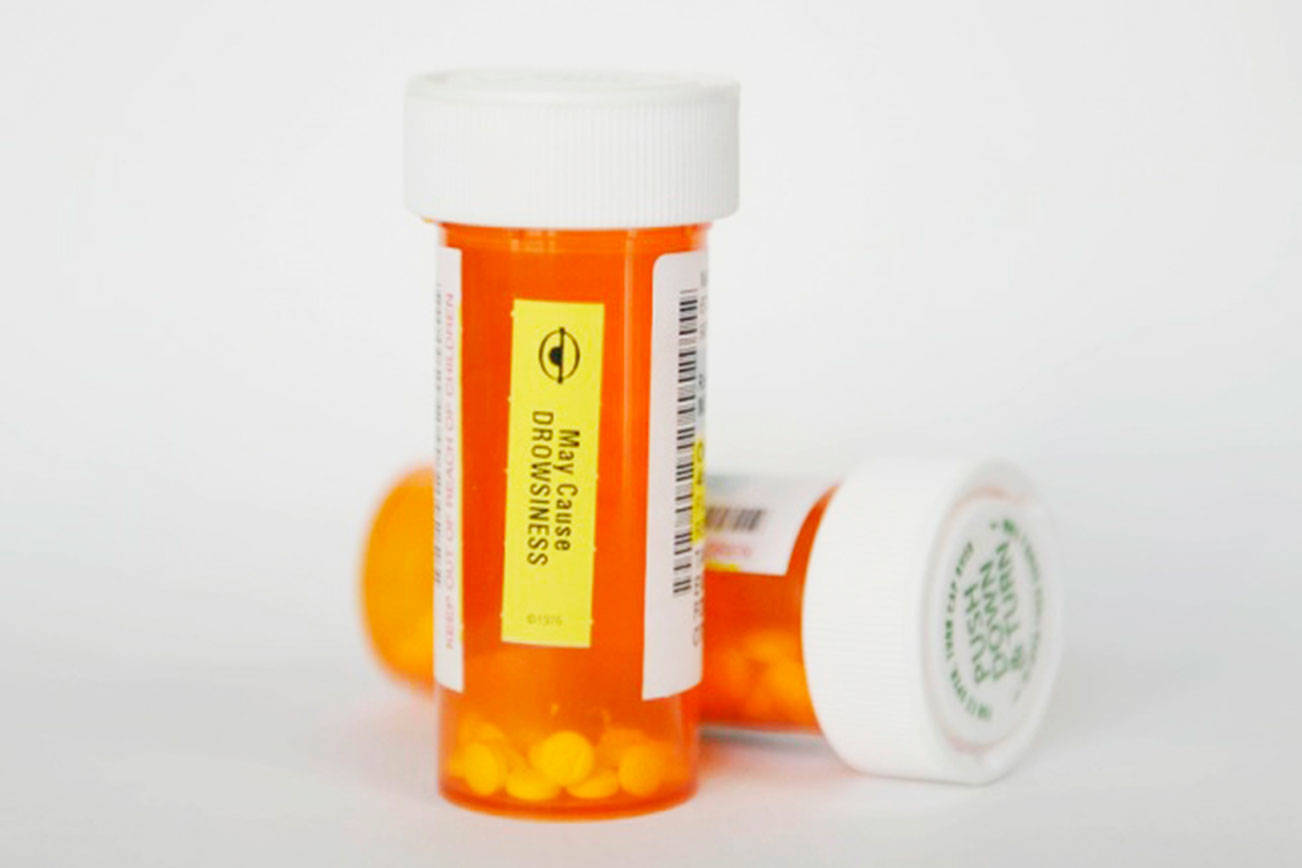The federal government is adding more restrictions on how opioids can be marketed in Canada.
The move, announced Monday, comes as the country has seen more than 9,000 overdose-related deaths between January 2016 and June 2018.
In the first half of 2018 alone, 2,066 people across Canada died as a result of opioid overdoses.
B.C. has been the province hardest hit by the crisis: in 2018 alone, 1,489 died as a result of overdoses, with fentanyl to blame for 85 per cent of the deaths.
The new Health Canada guidelines state that all pamphlets, ads and marketing materials for opioids sold in Canada must only contain federally-approved statements.
The statements must all come verbatim from the Health Canada authorized product monogram and “convey the benefits and risks of opioids in a balanced way.”
The new rules apply to all Class B opioids equal to or stronger than morphine.
The announcement coincided with the launch of an online portal to stop the “illegal marketing of drugs and devices,” and months after Health Canada began requiring warning stickers on opioid prescriptions
READ MORE: Health Canada to require warning stickers on all opioid prescriptions
READ MORE: B.C. opioid overdoses still killing four people a day, health officials say
“I am deeply concerned by the ongoing opioid crisis, which is affecting Canadians from all walks of life. I recognize that advertising can influence the prescribing practices of health care professionals,” said federal Health Minister Ginette Petitpas Taylor.
“Today’s announcement will help us to ensure that health professionals are getting only factual information about these products, so that they can provide the best possible support to their patients.”



